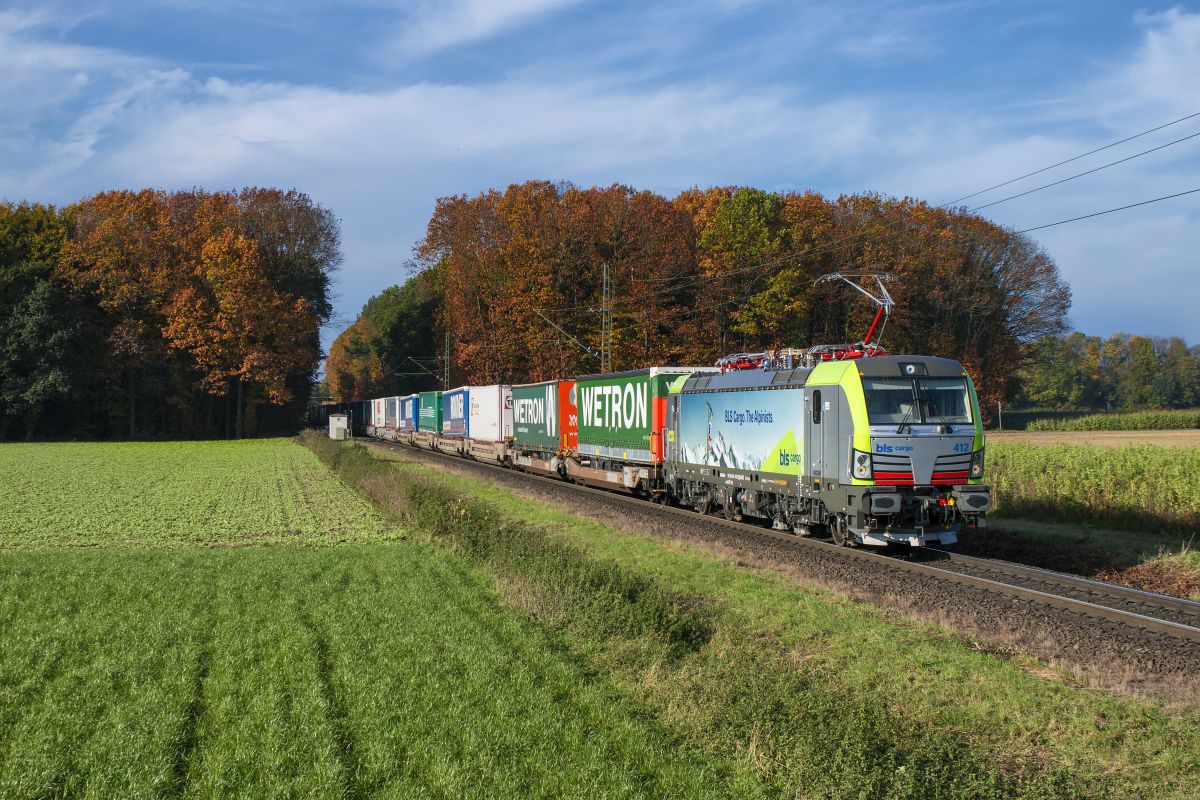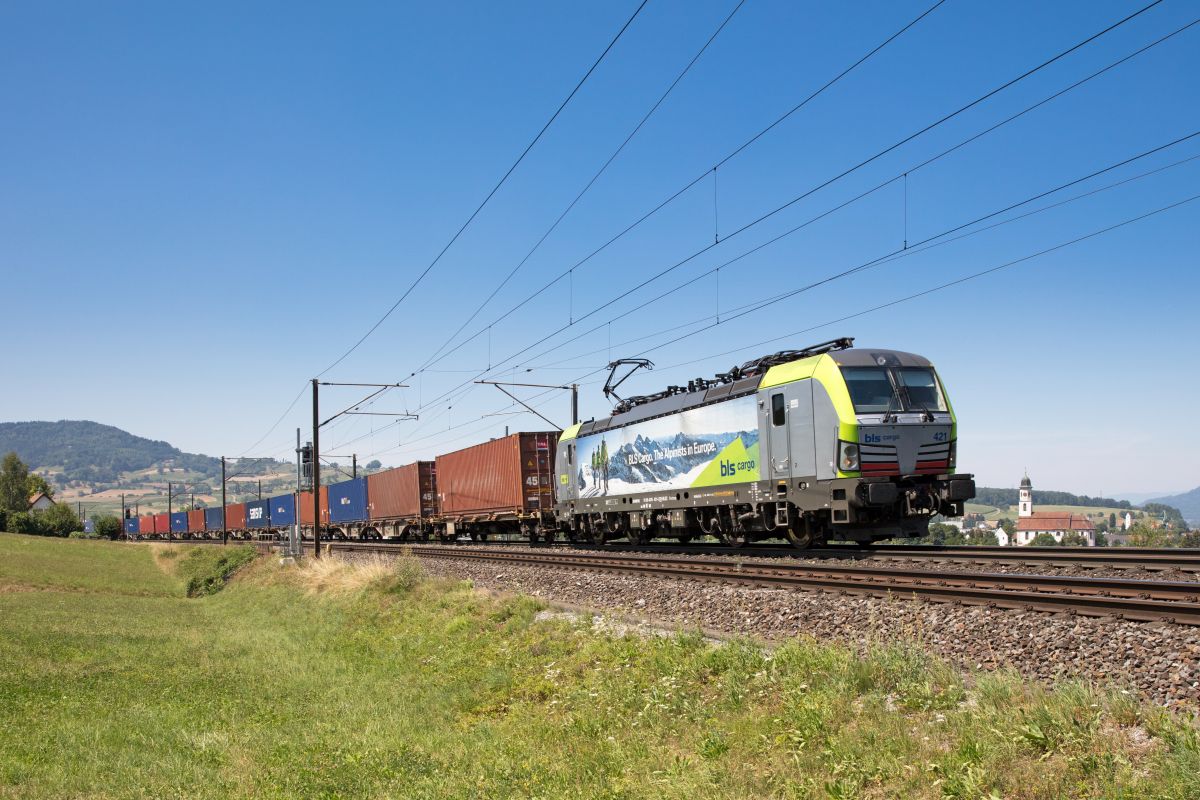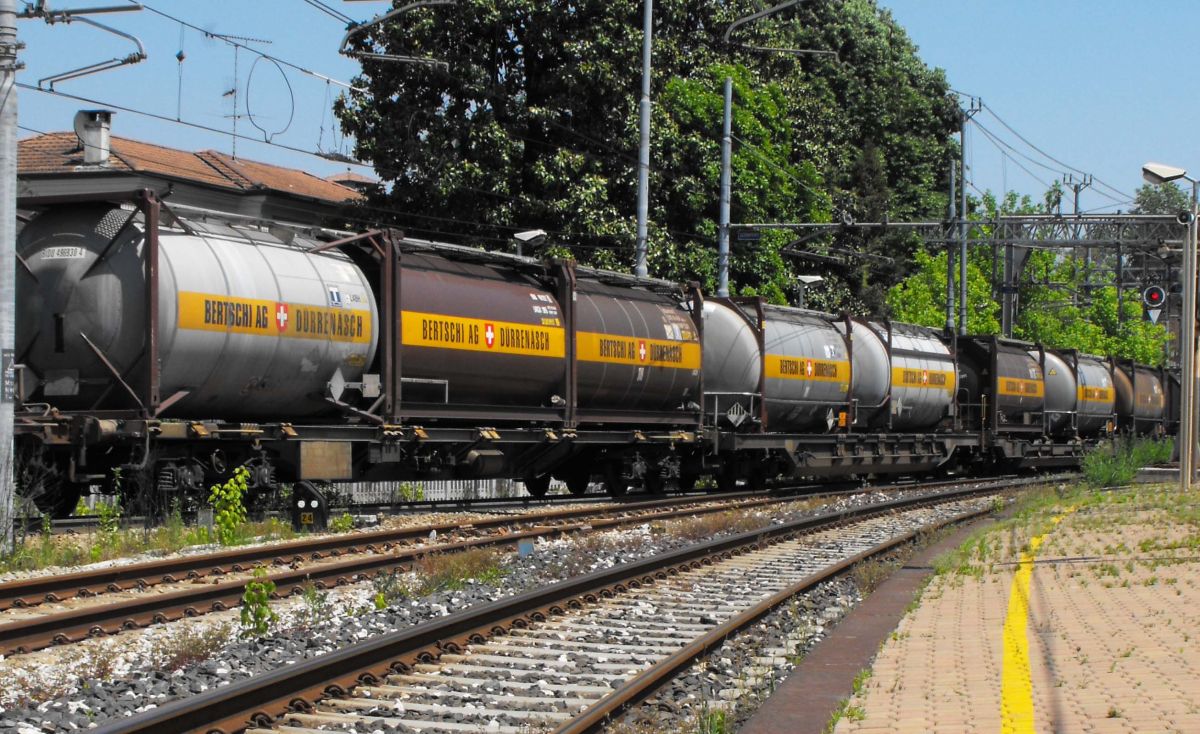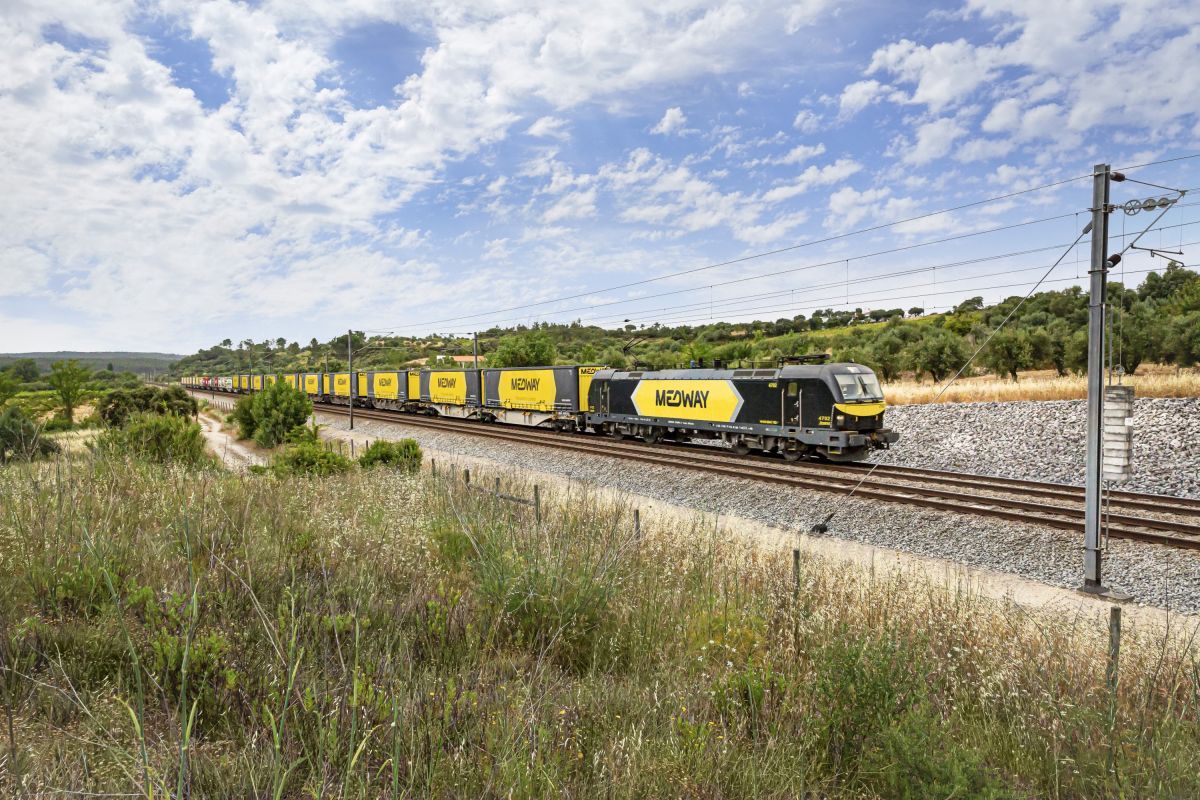One of the direct consequences of the COVID crisis has been the freeing up of capacity on the European railway network due to drastically reduced passenger traffic. This has coincided with a significant increase in the service offer and punctuality of rail freight. Passenger traffic will return, but it is essential that policy makers also ensure that lessons are learnt from this crisis regarding the key success factors for rail freight – namely good quality and quantity of capacity for freight.
One of the primary concerns with shippers in relation to rail freight has historically been punctuality and reliability. This is partially out of the control of individual railway undertakings but relies very much on the conditions and availability of infrastructure, especially in relation to international freight movements. These concerns have proven a stumbling block to the growth of rail freight. Unless they are addressed, it will not be possible for Europe to reach its modal shift and decarbonization targets.
However, over the past months the punctuality of international freight trains has increased from around 60% up to 80-90%. If these rates can be sustained, rail freight will be in a position to offer increasingly more attractive services to shippers. This can only be achieved if we arrive at a “new normal” upon exiting the crisis where rail freight has clear and well-defined rights. It is crucial that the European Union seeks to enshrine these rights in European legislation. Rail freight is largely international and needs a legislative framework that reflects this. ERFA believes this development confirms the appropriateness of ERFA’s proposals already expressed on 14 February 2020 in the context of the revision of the Regulation 913/2010 on rail freight corridors. These proposals are:
- Improve the quality of paths for freight trains: Infrastructure managers and corridor organization on international freight corridors must work to improve the quality of paths for freight trains. Quality measures must be consequently implemented, which increase the punctuality of rail freight, increased length (750m) and weight of trains as well as harmonized profile (P400).
- Give equal priority in slot allocation: Allocation rules for freight paths has to be defined, internationally harmonized and secured for freight trains. Freight trains must have equal priority in slot allocation as passenger trains in all countries of the corridors.- Make sure that operational rules are internationally secured and harmonized: Freight trains must have equal priority in day to day operations as passenger trains. A punctual train – be that passenger or freight – goes first.
- Introduce a supranational traffic management: Infrastructure managers and corridor organizations should implement supra-national traffic management, which would have a specific focus on the quality of international freight trains. A measurement for international freight train quality should be implemented.
- Empower corridor organization: Give the corridor organizations equal decision and steering rights as the national infrastructure managers. Corridor investments should not be hindered by national interest. Railway Undertakings should have an equal position in the governance of corridor organization with defined decision rights.
ERFA President, Dirk Stahl, commented, “not only has rail freight proven itself to be the backbone of European freight logistics during the COVID crisis, but it has also proven it can be a reliable and attractive means of freight transportation when it has sufficient and good quality capacity. We are aware the current capacity situation will not last forever, but we are ready and willing to discuss the new normal to ensure the needs of rail freight and passenger services are met post-COVID”.
ERFA Secretary General, Conor Feighan said “one of the key takeaways from the COVID crisis is that we have not been successful in creating a good framework for rail freight to operate in to date. This lesson needs to be taken into account in the Commission’s upcoming Strategy on Sustainable and Smart Mobility and, in particular, the revision of the Rail Freight Corridors Regulation. Continued and sustainable growth in rail freight can only be achieved through granting rail freight clear and well-defined rights”.



